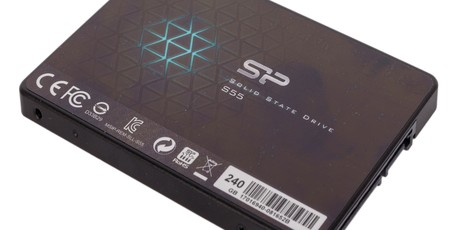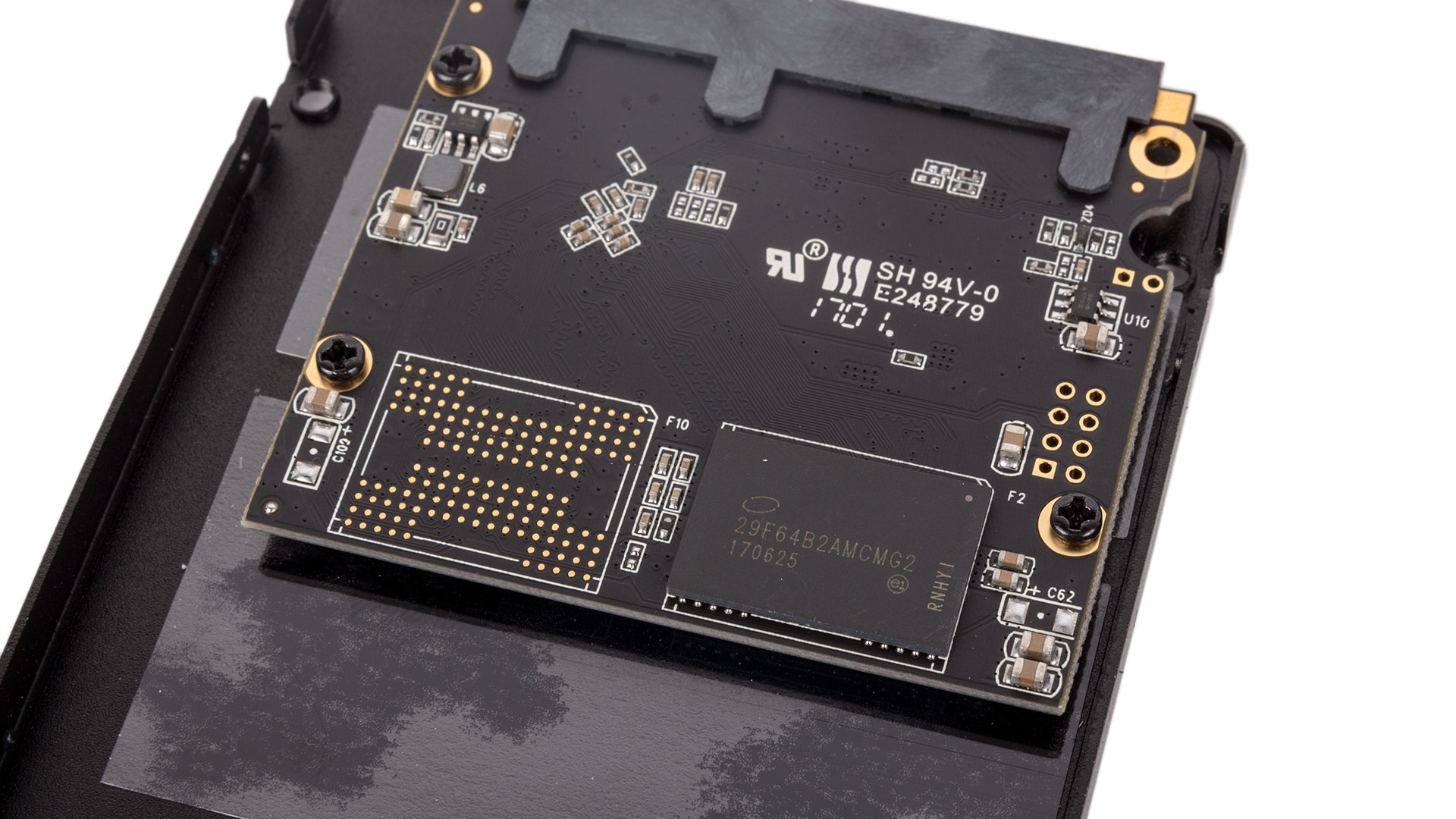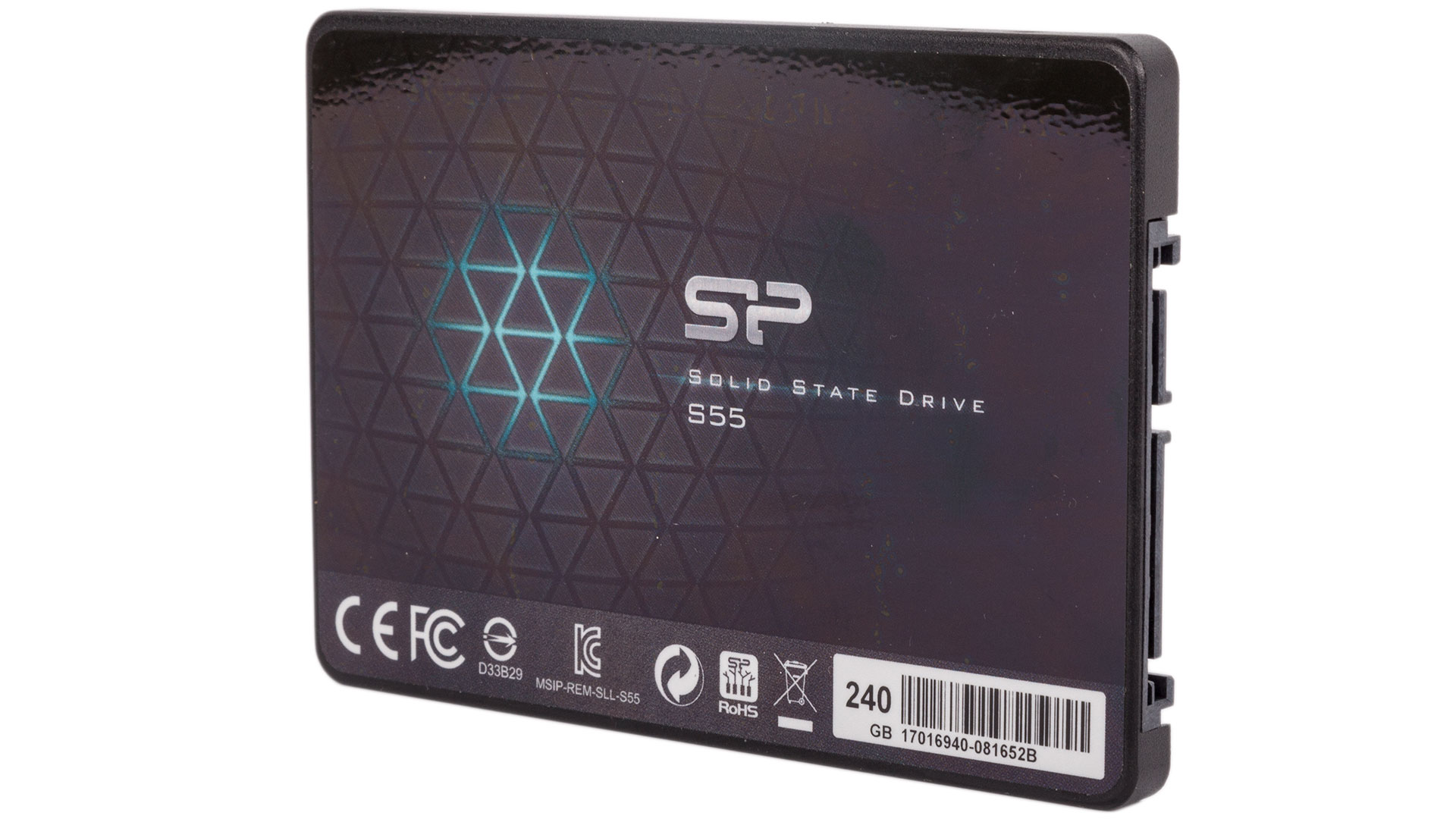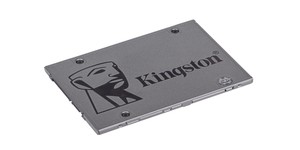
Performance Analysis
The out-of-box CrystalDiskMark testing is largely positive, with high sequential output demonstrating the effectiveness of the SLC cache. Random performance is limited a high queue depths, but the much more important single queue-depth test is without issue.
The Iometer stress testing, however, really causes the Slim S55 to fall apart. Once its blocks are filled, it simply cannot sustain a decent level of write performance, and the average response time is just tragic for an SSD – two percent of the writes from the hour-long test were between 0.2s and 0.5s on this metric. It's important to remember that this test merely simulates steady state usage, and the actual workload is far more stress than any home user would place the drive under, but it does nonetheless suggest that performance of this drive after prolonged use could degrade in a noticeable way. The lack of DRAM may be exaggerating things, but it's still not a great result.

After triggering a TRIM command and allowing the drive time to recover, sequential throughput is thankfully unaffected, and the large SLC cache is a real bonus. However, as soon as random 4KB writes are involved, things slow back to a halt. The same pattern is observed in the mixed testing – the sequential tests are great, but all of the random ones cause drastic performance deterioration. Since these workloads are continuous rather than burst in nature, even these are more stressful than a home user would likely ever achieve, but they are suggestive of underlying weakness in the controller or firmware.
Despite some disappointing Iometer results, the PCMark 8 trace tests show that the Slim S55 handles regular workloads fine. It's never a top performer, but nor is it ever behind in any meaningful way.
Conclusion
On the surface, the Slim S55 is a fine SSD that'll make any HDD-based desktop system or laptop immediately feel faster and more responsive the way that any SSD does. The lighter workloads in our suite are handled fine, and in many ways that's all it will ever really need to do in its lifetime. The SLC cache also appears to be about as large is it can be, so you're unlikely to notice the performance dropping unless you attempt to fill the drive all at once – kudos to Silicon Power there.

On the other hand, some of the Iometer results are hard to ignore. Again, their relevance to most home users is limited, but we still don't think we should be seeing the levels of performance shown, so we can't recommend the drive for purchase when there is a decent selection of others available for similar pricing.

MSI MPG Velox 100R Chassis Review
October 14 2021 | 15:04








Want to comment? Please log in.